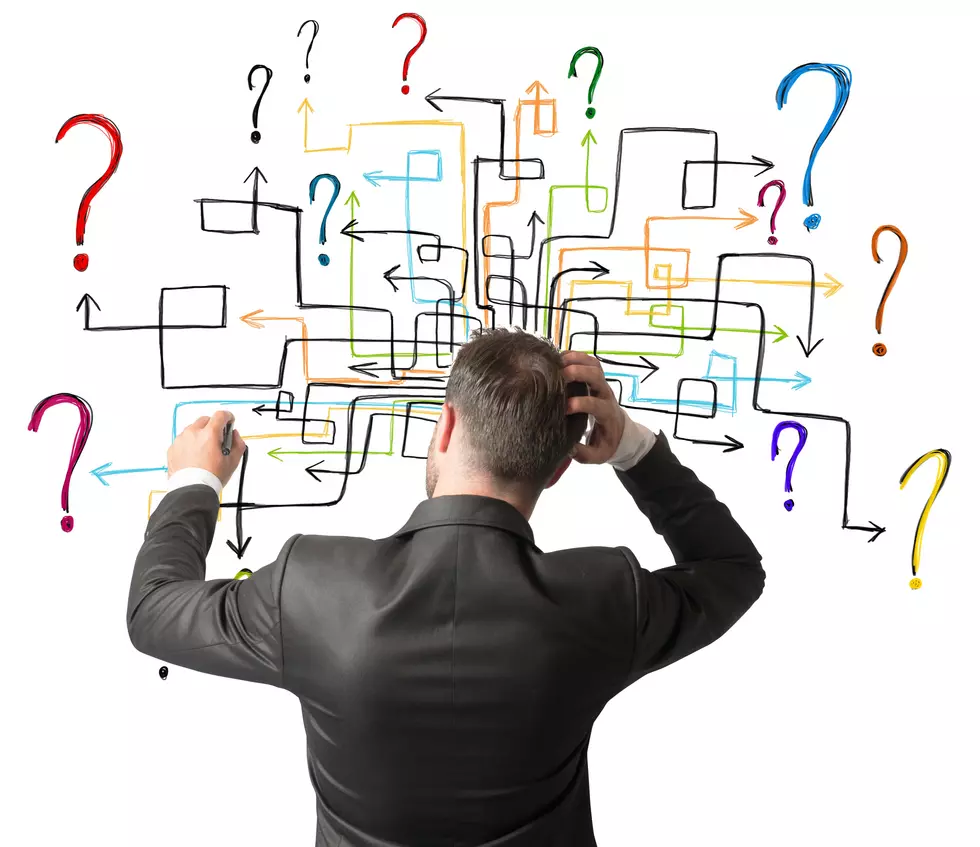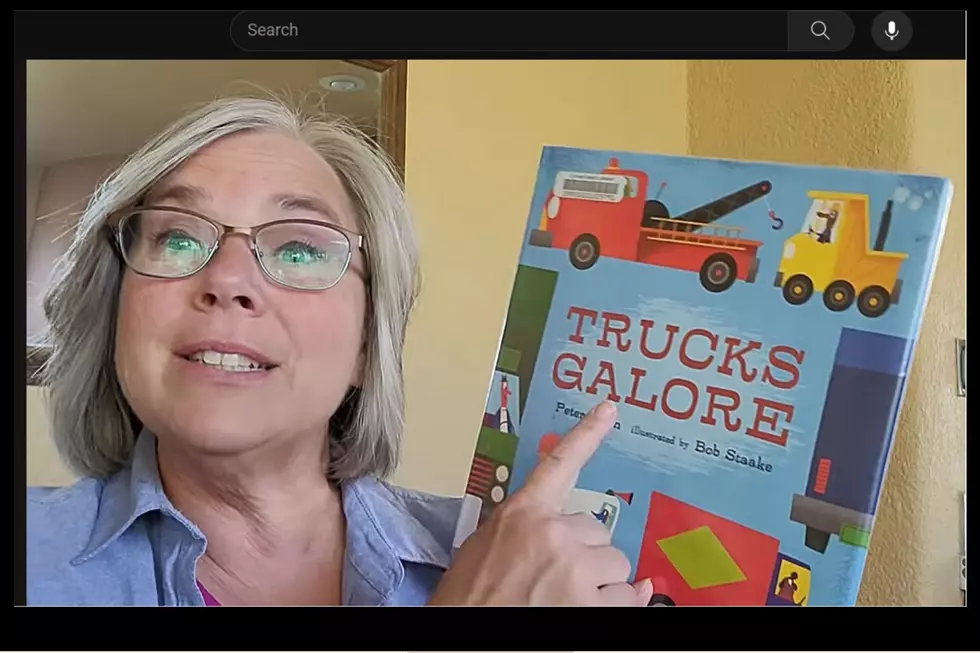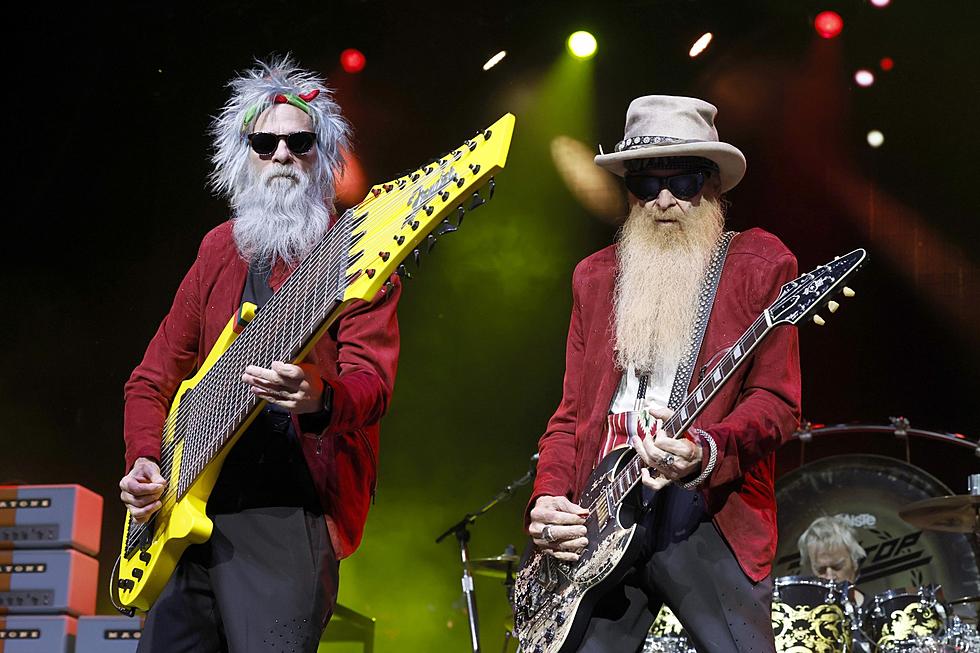
Why “Thinking for Yourself” is Overrated
I see this argument come up online, usually by the exact people who have no business making it. Whether they’re talking about vaccines, Qanon or the “truth” about 9/11 it always seems the LEAST qualified people are telling you to stop listening to the experts and “think for yourself”.
That SOUNDS great, I guess. I mean, we all like to think that we’re like Sherlock Holmes: gifted with the sharpest intellect, able to disregard years of accumulated wisdom and strike out on our own; using our laser-like mental powers to cut through the crap and arrive at “The Truth”.
I’d like to offer a counter argument: NO WE CAN’T. Not you. Not me. Not the smartest person on the planet. Anytime we decide to eschew the collected wisdom of actual experts we fall into the trap of our own short-comings. First and foremost among those is “confirmation bias”.
Confirmation bias is something all humans experience. It’s the tendency we all have to interpret new data in a way that conforms to our pre-existing beliefs. The wise are always mindful that they have biases and strive to not let them taint new information or data. And, how can you be mindful of your biases if you don’t even know they exist?
When someone is NOT mindful of their bias here’s the form “thinking for yourself” usually takes:
I’ve just done a web-search of a topic that I’m interested in. Look! I’ve just found a YouTube video that really, really connects with me (for reasons I can’t even articulate). It just FEELS right. I’ve “done my research” and am “thinking for myself”…unlike those “sheeple” who listen to the so-called “experts”.
You see the problem. You might be “thinking for yourself” but you’re doing it in a flawed, unstructured and, usually, wrong way.
There’s good news, though. You don’t have to be an expert on every subject. You can’t be. NO ONE can. But you can train yourself to tell good sources from bad; good logic from faulty logic; and actual experts from cranks and quacks.
Experts. You don’t have to look far on the internet for people claiming to be experts. Here are a few questions you can ask when determining someone’s actual expertise in a given field.
Do they have specialized education relevant (and this is super important) to the field in question? A heart surgeon may be an expert in the field of cardiac surgery. That DOESN’T mean she’s also an expert in the field of climate science. Likewise, a climate scientist probably isn’t the first person you go to for your double-bypass.
Has the person published in peer-reviewed academic journals? If so, that’s a good sign the person is an expert. Their number of followers on Twitter or the number of views their video has on YouTube…is not.
Does the person make claims that fly in the face of established fact? For example, if a person makes the claim that “fire has never been able to melt steel” you can probably stop right there and discount anything else they have to say about metallurgy or the related fields. Maybe they have expertise in other fields, but NOT this one.
The idea of “expertise” has taken a real beating in the last two decades. I think a lot of it has to do with the internet. This amazing technology that puts a universe of information at our finger-tips has a huge drawback: people now think they can do a Google search, read an article or watch a video and then, like magic, they too are an expert. Then, they make videos which other non-experts see and are convinced by.
I blame a lot of this on what we’ve decided is important to teach in school. I don’t know about you but in my public schooling we had plenty of classes that taught us WHAT to think but none that taught us HOW to think. If I could wave a wand and change one thing about education it would be this: bring back, to the extent it’s possible, the CLASSICAL learning model. Things like logic, rhetoric and dialectic reasoning used to be the foundation of learning. We’ve got so much information at our finger-tips. We need to learn the right way to use it.
I know most of us don’t have time to go back to school to learn the Socratic method or Aristotle’s “Logic”. But I think if we took some of the time we spend watching “Ancient Aliens” or listening to conspiratorial podcasts, each of us could improve vastly.
I don’t want to leave this without giving a couple of recommendations of good places to start. So here are two that come to mind:
Dr. Carl Sagan’s Bullsh*t Detection kit, a fantastic primer, can be found for free all over the internet. It’s a great place if you’re interested in “un-dumbing” yourself.
To learn more about how, as a culture, we’ve decided to take a crap on experts and expertise, I suggest reading “The Death of Expertise” by Tom Nichols. If you don’t want to buy the book you can read the article in the Federalist that it was based on, here.
Also, don’t ever listen to a single thing Alex Jones says ever again. That’s also a good first step.

CHECK IT OUT: Here Are the 77 Most '70s Things About 1977
More From KLAQ El Paso









